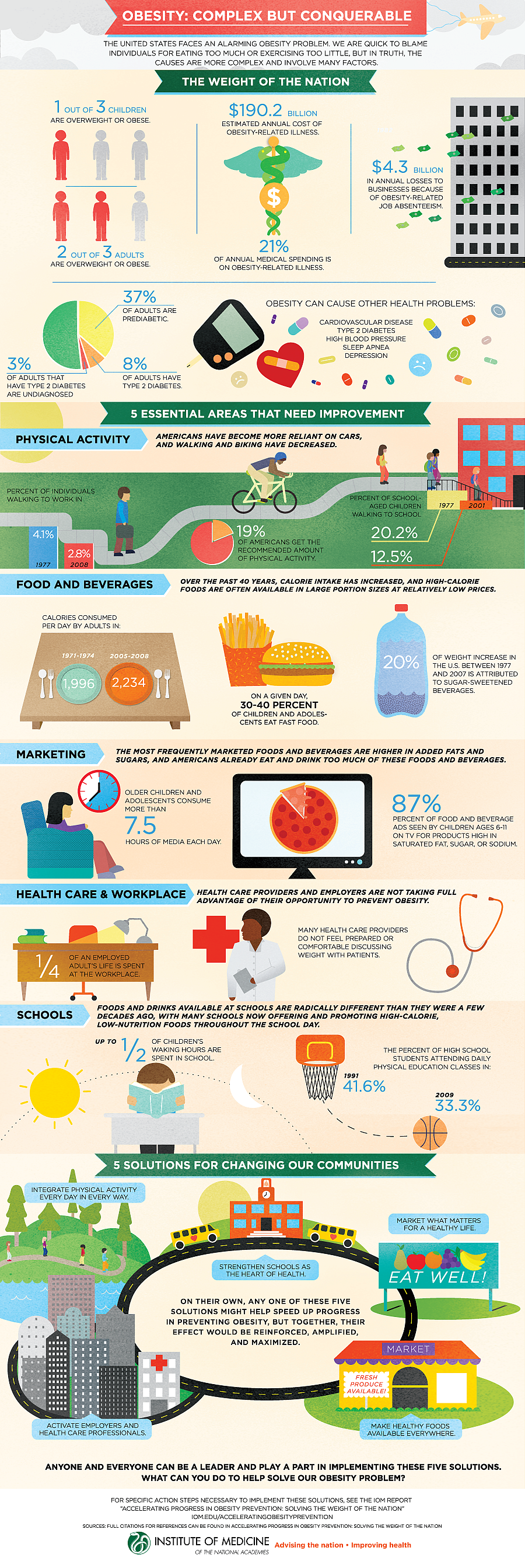An Open Mind on Obesity

My story begins with a look at a few tweets. Professor Elizabeth Alexander delivered the 2009 inaugural poem. She tweets poems. A novelist, Alice Randall wrote "Why Are Black Women Fat?" a New York Times op-ed.
Twitter poetics by Elizabeth Alexander
My tweet in response to reading a New York Times opinion by Alice Randall
At a time when 2 out 3 Americans are overweight, a story about black women and fat has gone viral. Perceptions about what women see in the mirror, feel about their bodies and others tell them about beauty is not sufficient for health. The opinion that "many black women are fat because we want to be" may nurture bias that can hinder health care for those who are overweight or facing obesity. Just like cancers and cardiovascular disease there are striking disparities in health for minorities especially vulnerable are black women. Growing diversity in America creates an opportunity for research as well as dialogue to help us understand differences with sensitivity. The U.S. Department of Health & Human Services has identified focus areas revealing significant disparities in health access and outcomes among racial and ethnic minorities that need be addressed with interventions found within health systems beyond, but not excluding the patient-doctor relationship.
I grew up among five generations of black women who worked hard and laughed often to live long lives. My great-grandmother was a midwife in South Carolina. Many of the black women in my life have battled and overcome all sorts of illness including obesity. Black women and men often face health challenges with diagnoses occurring at later more serious stages of disease leading to more preventable deaths than expected. This is true over life course and is the hallmark of health disparities. For example, among black women health doesn't follow wealth as it should, education and socio-economic achievement does not improve our odds against infant mortality, the causes are considered unnatural.
I invite the author of the story who is a novelist along with others to consider a more imaginative context shaping unhealthy environments making healthier eating and physical activity a dilemma instead of a matter of habit. The rich storytelling in Toni Cade Bambara's The Salt Eaters where the cost of healing is considered with this question: "Are you sure, sweetheart, that you want to be well? Just so's you're sure, sweetheart, and ready to be healed, cause wholeness is no trifling matter. A lot of weight when you're well." This question invites an individual response in the context of a community where healing (beyond cure) is matter of transformative relationships, support and structures for health and well-being.
If you want to go quickly, go alone. If you want to go far, go together. - African Proverb
Those who strive to lose weight with a combination of healthier eating and more physical activity may find challenges where the physical environment is out of shape for health. For example, there's a connection between obesity and food deserts, it's a complex disease of ill nutrition as well as poverty for some. This is an indication that obesity requires us to move beyond stigmas, dispel myths and open our minds to consider matters of research, policy and practice in health care and beyond along with individual lifestyle choices. The Institute of Medicine (IOM) has just released "Accelerating Obesity Prevention" a consensus report with actionable items, calling on all heath providers to consider:
"Adopting standards of practice (evidence-based or consensus guidelines) for prevention, screening, diagnosis, and treatment of overweight and obesity to help children, adolescents, and adults achieve and maintain a healthy weight, avoid obesity-related complications, and reduce the psychosocial consequences of obesity. Health care providers also should advocate, on behalf of their patients, for improved physical activity and diet opportunities in their patients' communities."
IOM report staff study directory Dr. Lynn Parker says "we and our committee members also are concerned about the lack of curriculum in medical schools on nutrition and physical activity for patients and the community."
The Institute of Medicine Infographic "Obesity: Complex But Conquerable"
The upcoming four-part documentary "The Weight of the Nation" offers a view of obesity as a complex, out of control, unaddressed rampant epidemic across America. This is a conversation worth having whether or not you are a patient or health professional, overweight or not, we should all weigh-in and be moved to take on the problem as a nation with dignity and respect.
The entire HBO documentary series "Weight of the Nation" can now be viewd online.
Appears at KevinMD.com and World House Medicine blog

